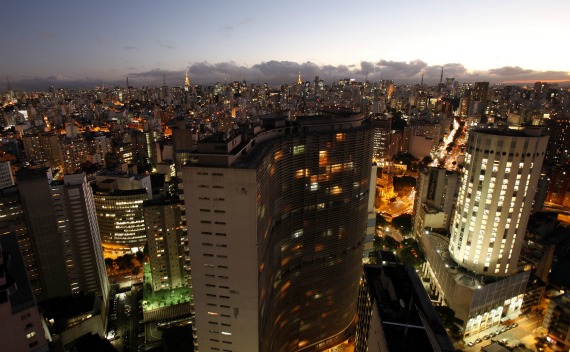Reads of the Week: Extortion vs. Drug-Trafficking in Mexico, New Reports on U.S. Drug Use and Competitiveness in Latin America
More on:

A new piece by Eduardo Guerrero in Nexos looks at the growing problem of extortion in Mexico. Differentiating it from drug-trafficking, he finds it more violent and coercive, and argues it is on the rise for three reasons: fragmentation of cartels, displacement of crime rings (and their response to expand into new territories), and finally rampant impunity for such acts.
Drug abuse in the United States is on the uptick overall, though use of “harder drugs” seems to be down, according to a recent study by the Substance Abuse and Mental Health Services Administration (SAMHSA). Marijuana use has increased some 20 percent over the last four years, particularly among young people. Today more than one in five Americans aged 18-25 get high on a regular basis. On the other hand, rates of methamphetamine and cocaine abuse have been steadily declining since 2006.
The World Economic Forum released its Global Competitiveness report this week, which measures competitiveness based on twelve benchmarks that include “basic requirements”, such as institutions, “efficiency enhancers” such as market size, and “innovation and sophistication factors”, such as innovation. Among Latin American countries, Mexico had the biggest boost in the rankings, moving up 8 spots from 66th to 58th, and improving on 10 of the 12 categories (its only drop was in macroeconomic environment). Brazil also made gains, up 5 places to 53rd overall (due largely to the size of its internal market and its sophisticated business environment), and Chile remains at the top of the region and the 31st most competitive nation worldwide. Central American countries such as Guatemala, El Salvador and Nicaragua registered steep declines in their ratings, due to weakening institutions and rising insecurity, while Argentina and Venezuela remained generally unchanged, but near the bottom of the list at 84th and 124th overall, respectively.
More on:
 Online Store
Online Store